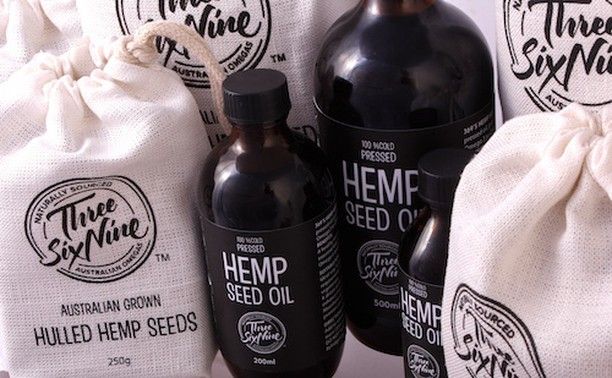Spas and salons across the country are increasingly turning to hemp-derived products, driven by a blend of credible science, consumer curiosity, and a shift toward natural, wellness-focused treatments. What began as a niche category has quickly become a regular feature on service menus, appearing in everything from massage oils and face masks to scalp treatments and manicure balms.
At the core of hemp’s appeal is its proven skin and hair science. Hemp seed oil contains a balanced profile of essential fatty acids—particularly omega-3 and omega-6—that support the skin barrier, improve hydration, and help reduce moisture loss. Dermatology research has highlighted hemp seed oil’s ability to soothe inflammation and aid barrier repair, making it valuable in treatments for dryness, sensitivity, and redness. These same properties translate neatly into haircare, where hemp-based formulas can moisturize the scalp, reduce breakage, and add softness and shine to damaged strands.
Hemp’s emergence also reflects the broader rise of wellness-driven beauty. Industry reports have pointed to increasing interest in plant-based ingredients, stress-relief rituals, and non-psychoactive cannabis derivatives as consumers seek holistic ways to unwind. Spas, already positioned as havens for relaxation and recovery, are now leaning into hemp’s calming and anti-inflammatory reputation. Services like hemp-infused massages, restorative body treatments, and hemp oil facials are being marketed as elevated sensory experiences designed to enhance relaxation and reduce tension.
Scientific reviews further note hemp seed oil’s antioxidant potential and its ability to help modulate inflammation—benefits that align with client concerns around premature aging and stressed skin. For salons and spas, the ingredient offers a credible story that blends natural care with measurable function, a combination increasingly prioritized by discerning guests.
Safety and regulatory comfort also play significant roles in hemp’s rise. Cosmetic researchers widely view refined hemp seed oil as well tolerated for most skin types and non-comedogenic, meaning it does not clog pores—an important consideration for clients who are acne-prone or sensitive. Just as important for spa operators, hemp seed oil contains no significant THC content and does not produce psychoactive effects. This distinction allows salons to incorporate hemp-based lines without navigating the regulatory complexities associated with cannabis products containing THC.
From a business standpoint, hemp introduces new opportunities for differentiation. With competition growing in the salon and spa market, hemp-based enhancements—such as scalp detoxes, hemp-infused manicure upgrades, or recovery massages—provide innovative add-ons that boost service value and retail potential. Many owners see these offerings as an accessible way to update their menu while meeting rising demand for wellness-forward beauty.
Still, experts emphasize the importance of responsible communication. Professionals are encouraged to avoid overstated claims and instead position hemp as a beneficial ingredient within a broader, well-rounded care regimen. Staff education rooted in research-based training helps maintain credibility and strengthens client trust.
Ultimately, spas and salons are adopting hemp because it sits at the intersection of science, wellness trends, and smart business strategy. With tangible skin and hair benefits, growing consumer interest, and a trustworthy safety profile, hemp-derived products have evolved from trend to treatment-room mainstay.

